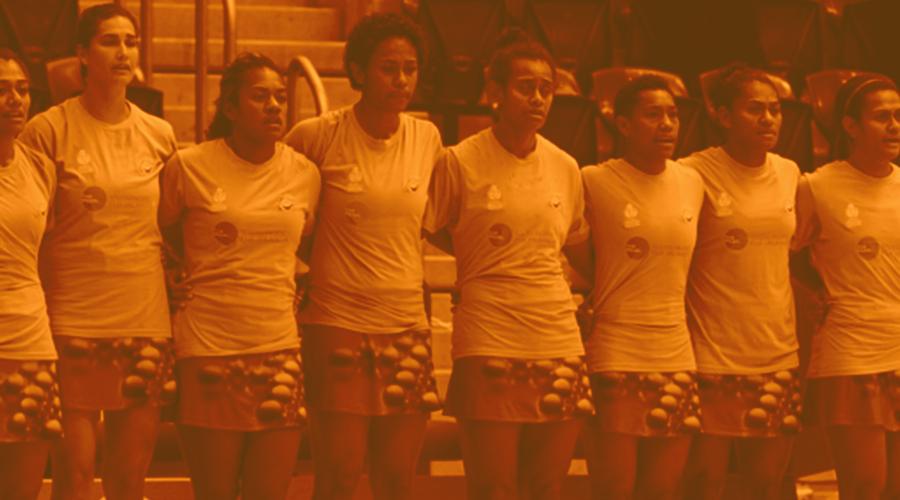Koster joins the association after three years as an independent consultant with two decades of sports administration experience.
FNA President RubyAnn Sorovaki welcomed Koster to the organisation.
“We are excited about Vivian’s appointment and this milestone in the FNA history and journey,” Sorovaki said.
“We know with her passion and strategic ambition for netball, FNA is in good hands.”
Sorovaki added that the CEO role will strengthen the governance and growth of netball across the nation, which is a major area of focus for FNA.
“Vivian and her team will focus on the operations and programs of the association, allowing the Executive Committee to now concentrate on the overall direction and strategy of netball in Fiji,” she said.
Koster holds a Post Graduate Diploma in Social Policy and Administration and a Master of Arts from the University of the South Pacific.
“I am privileged to be a part of the evolution of FNA. The new structure is a great achievement for the organisation and I look forward to continuing to grow it from strength to strength,” Koster said.
In May this year FNA selected to be part of the Australian Government’s ‘Pacific Women in Sport Administration’ pilot program that is managed by Netball Australia.
Subsequently, a funding agreement for the Official Development Assistance (ODA) Partnership Program was signed between Netball Australia and the FNA.
In addition to the recruitment of the CEO, the FNA also welcomes Sandeep Prasad as it’s Sport Development Manager and Amit Singh as its Finance Administrator.
Sorovaki said the funding from these programs has allowed FNA's goals of staff expansion to be realised.
“We acknowledge funding support we received from the ‘Pacific Women in Sport Administration’ program managed by Netball Australia,” she said.
“These funds have enabled us to recruit candidates for the three roles to ensure we deliver our strategic plan and more importantly our goals and key result areas."
This ODA program aims to ensure the governance and administration of Pacific sports organisations is strengthened, the number of women in decision-making and leadership roles in Pacific sports organisations is increased, and access to safe and inclusive sporting competitions and facilities is improved.
